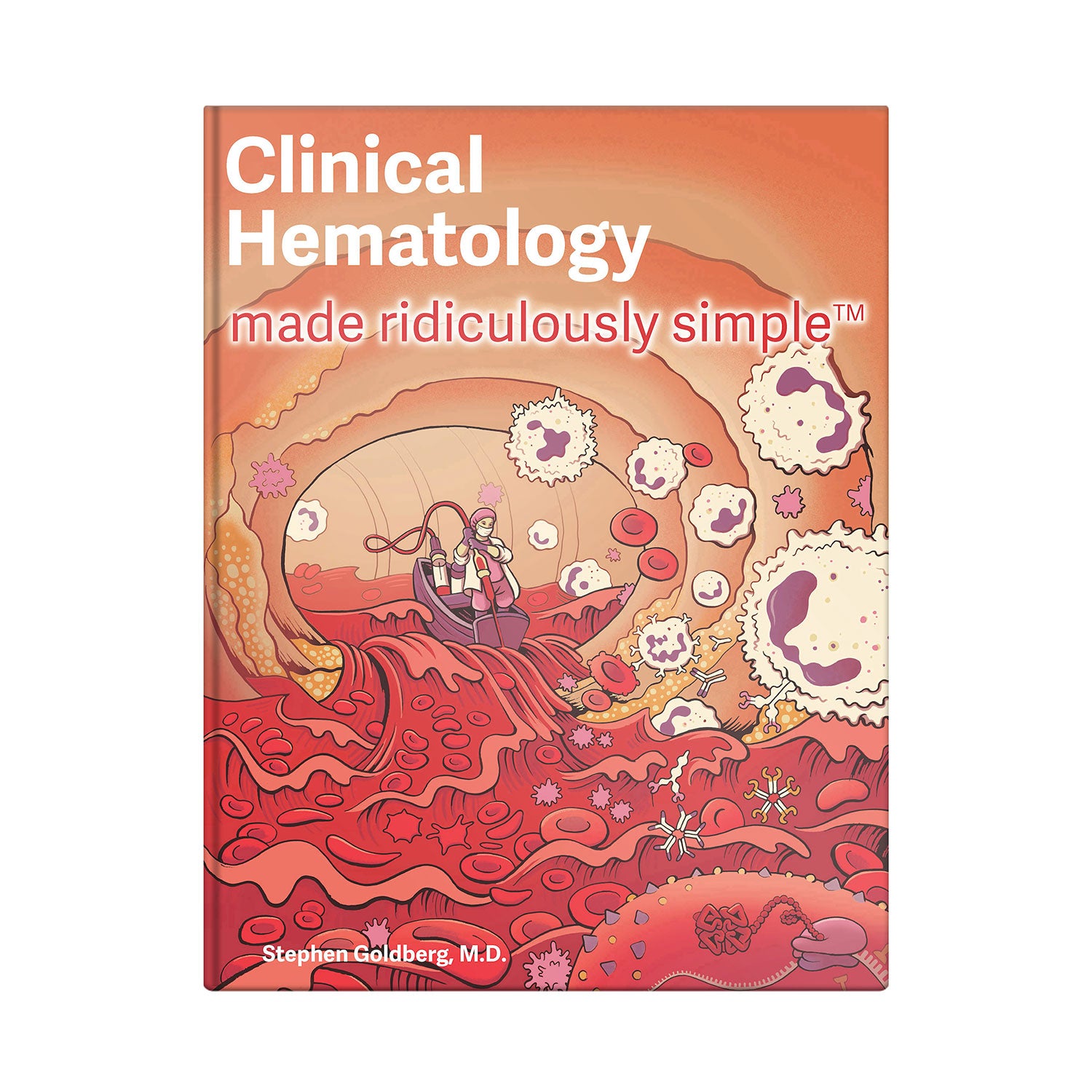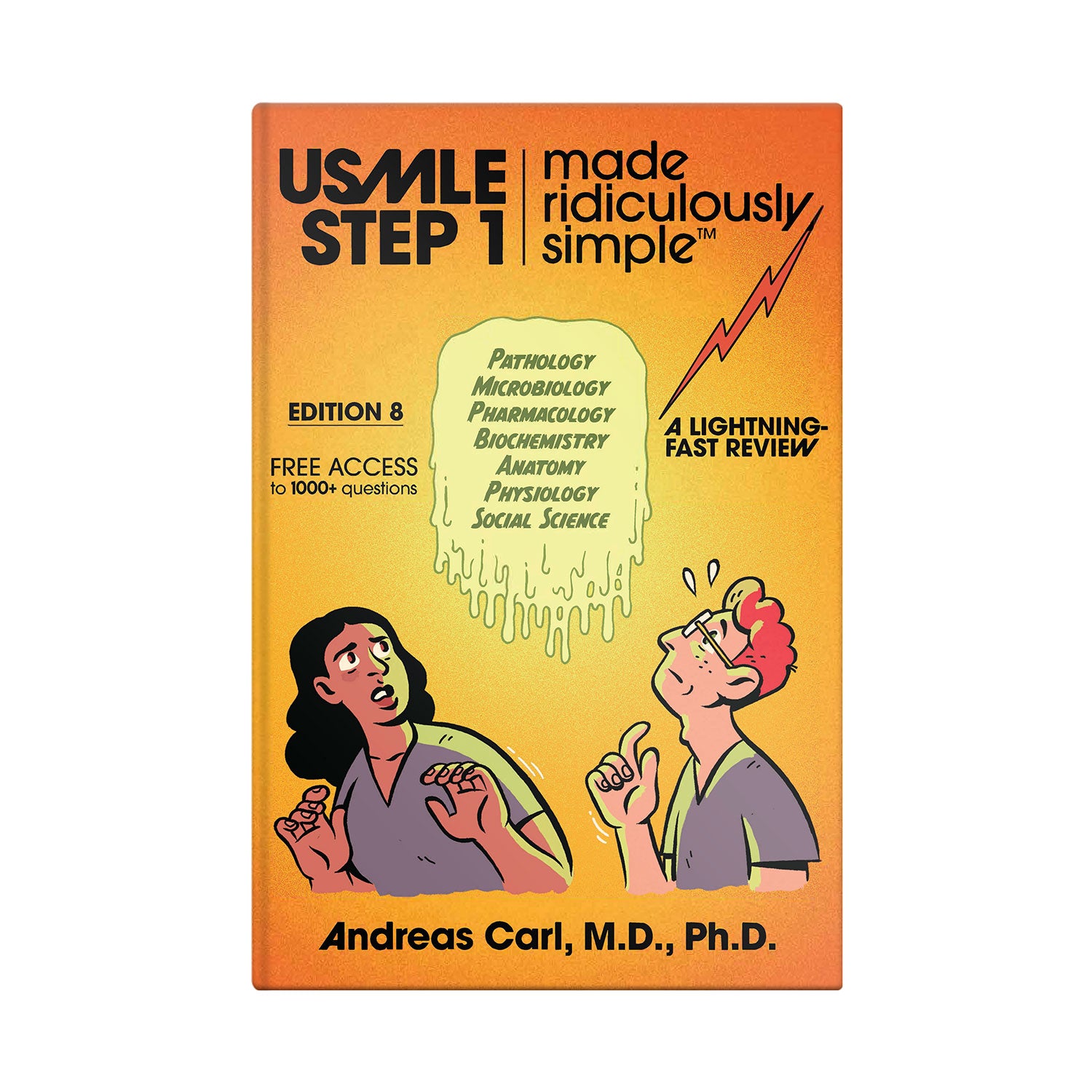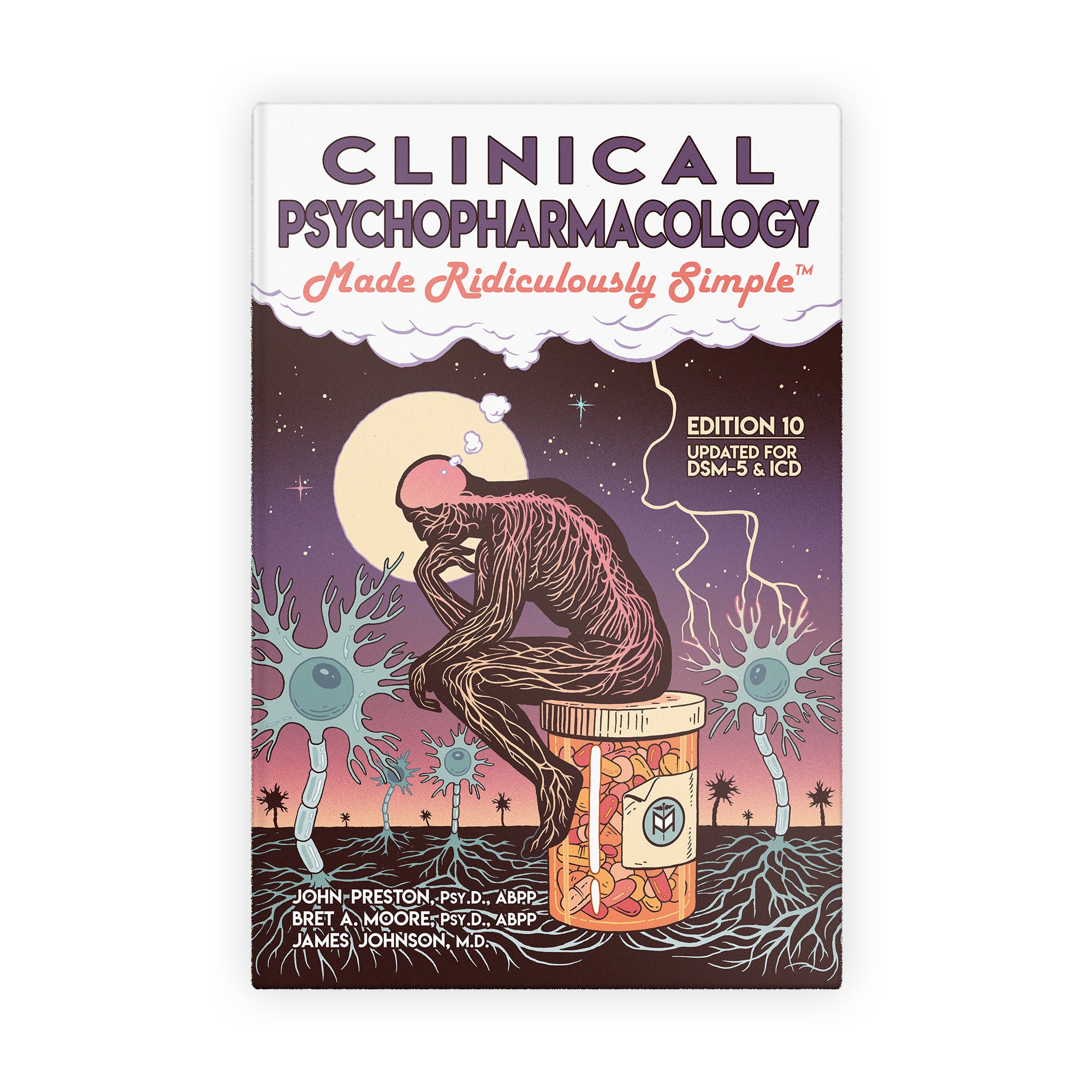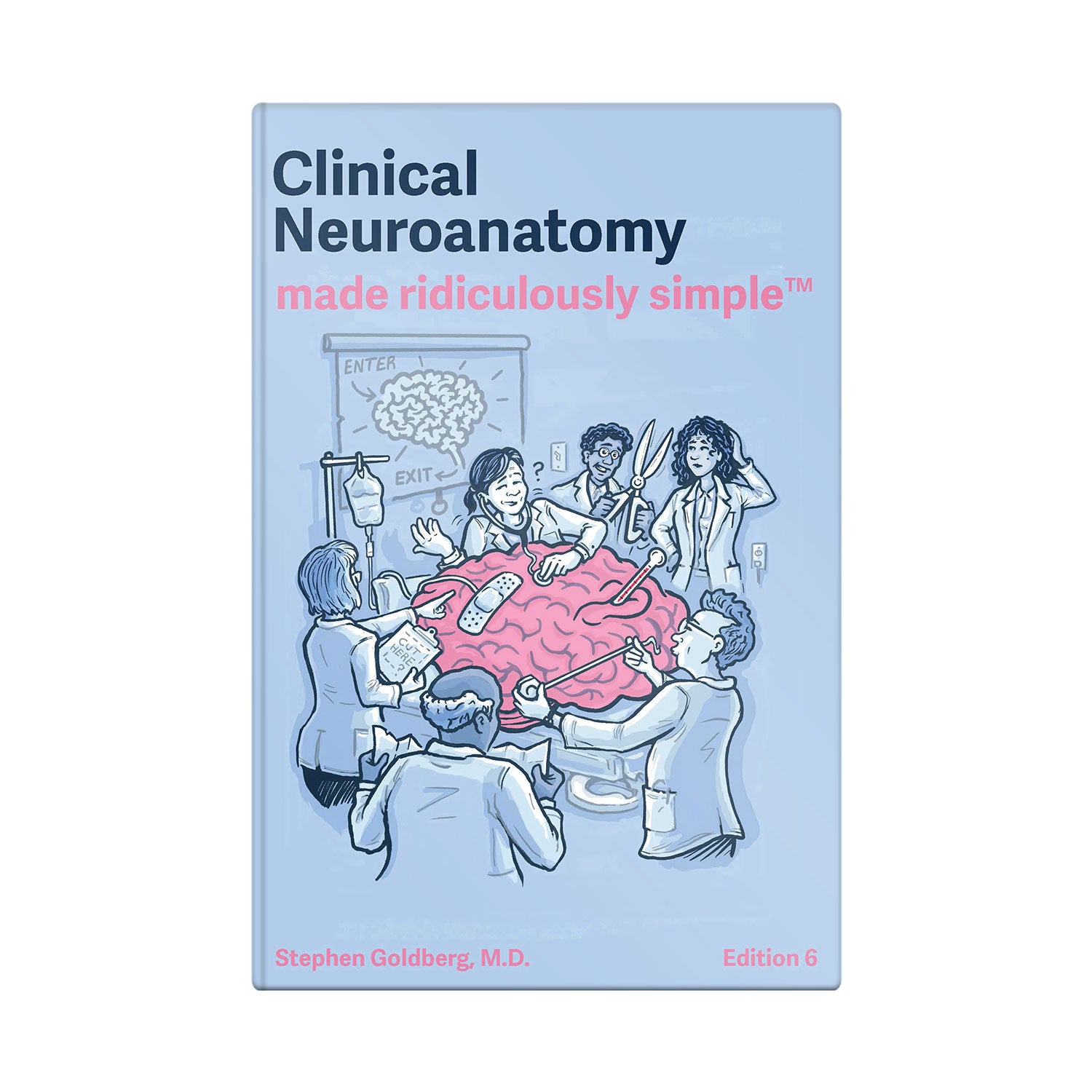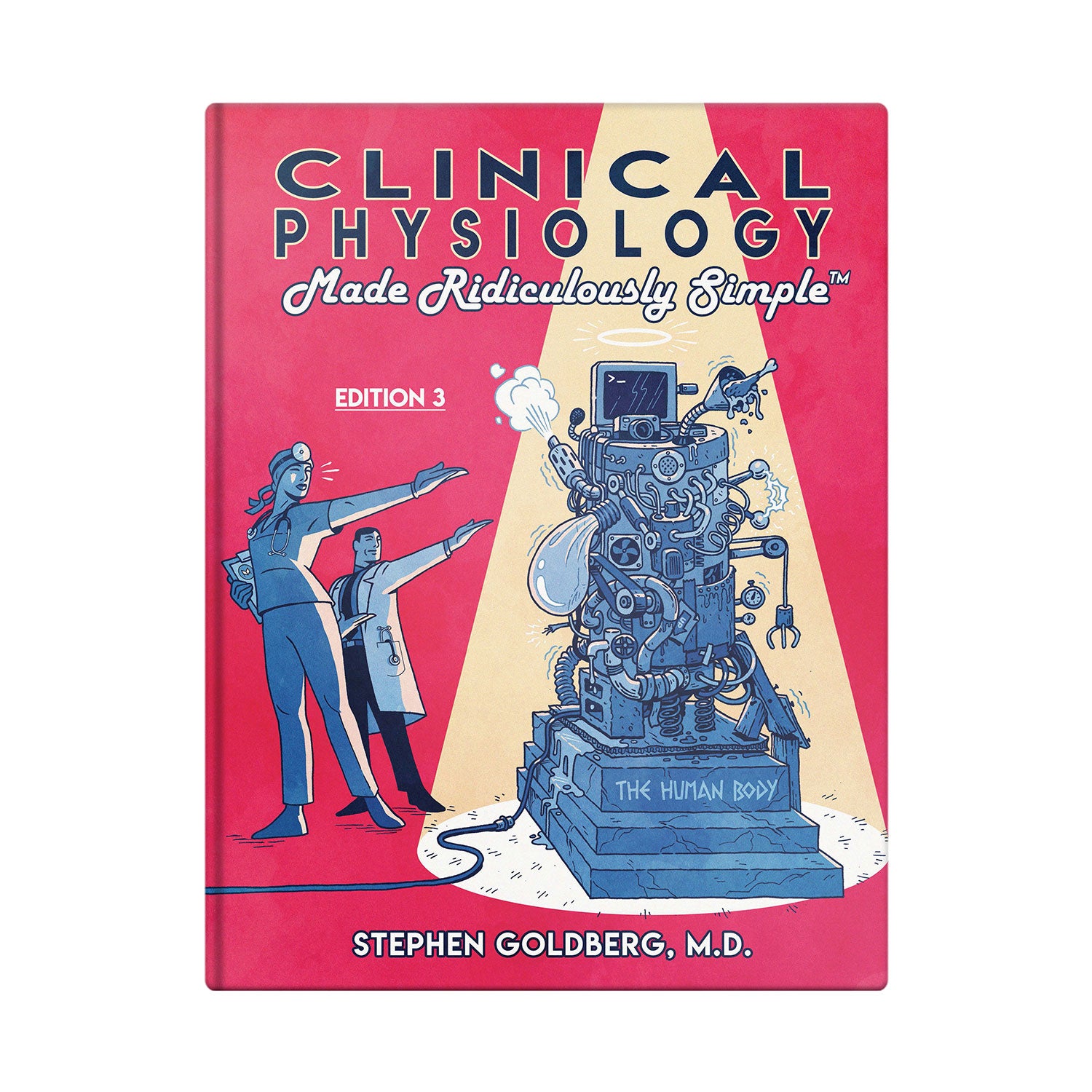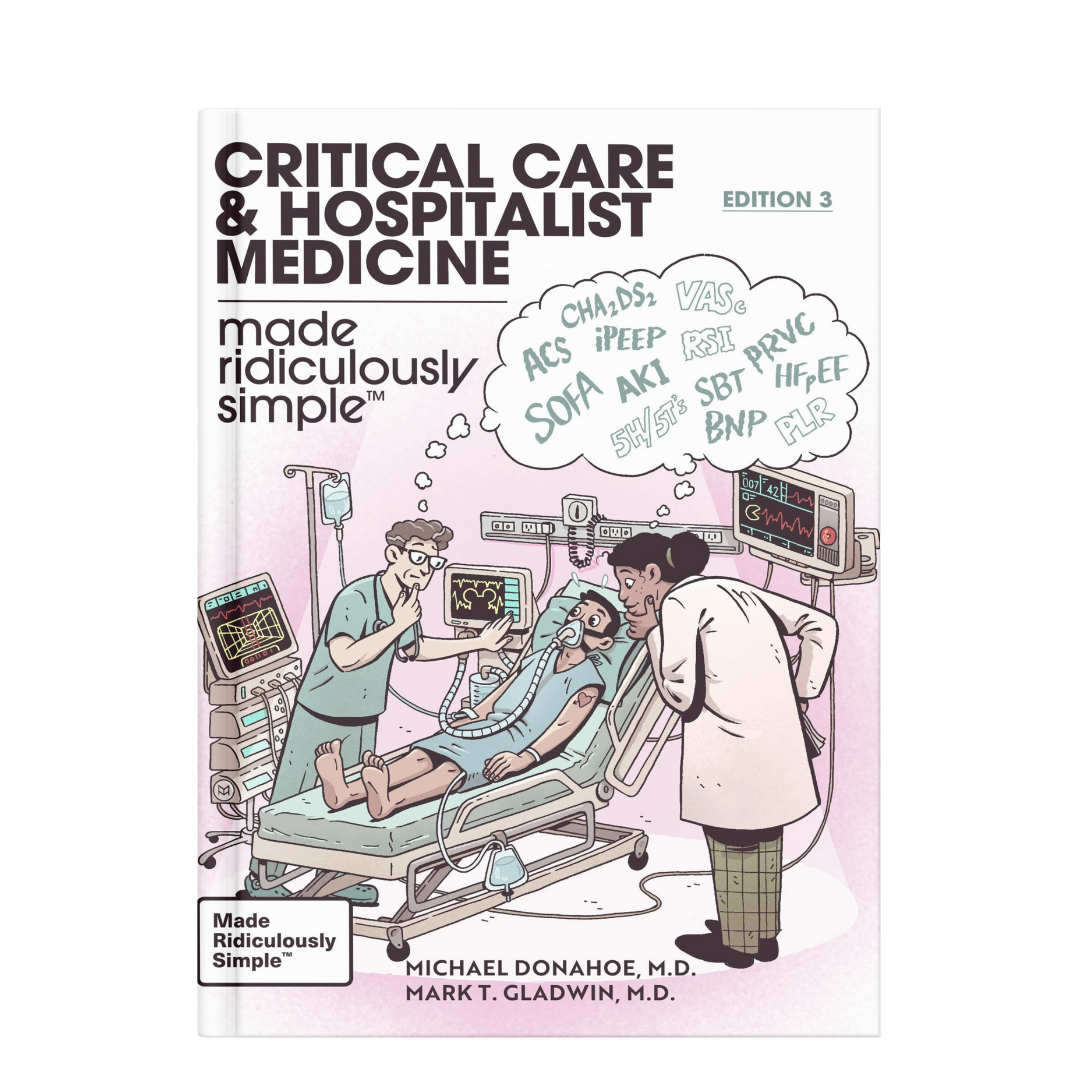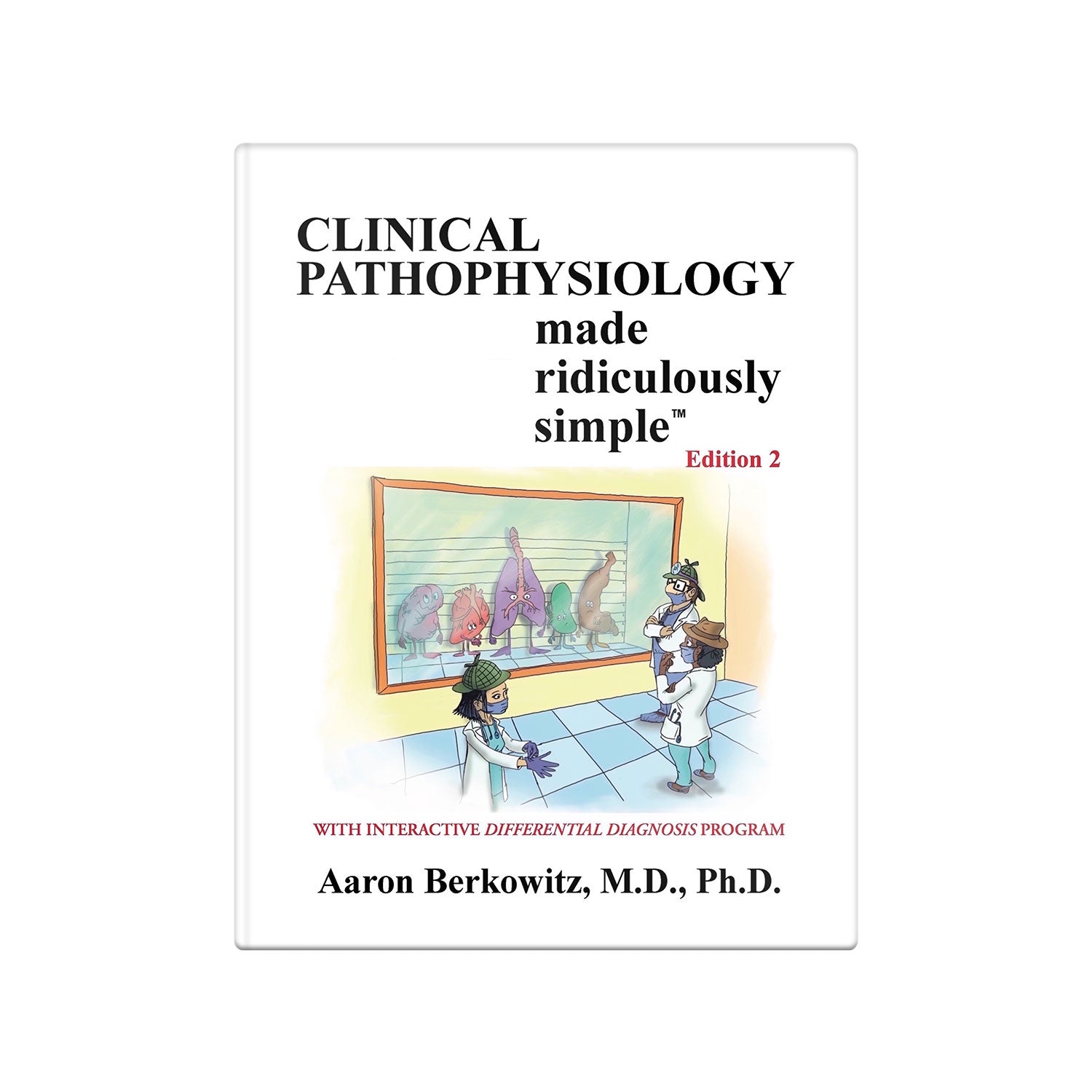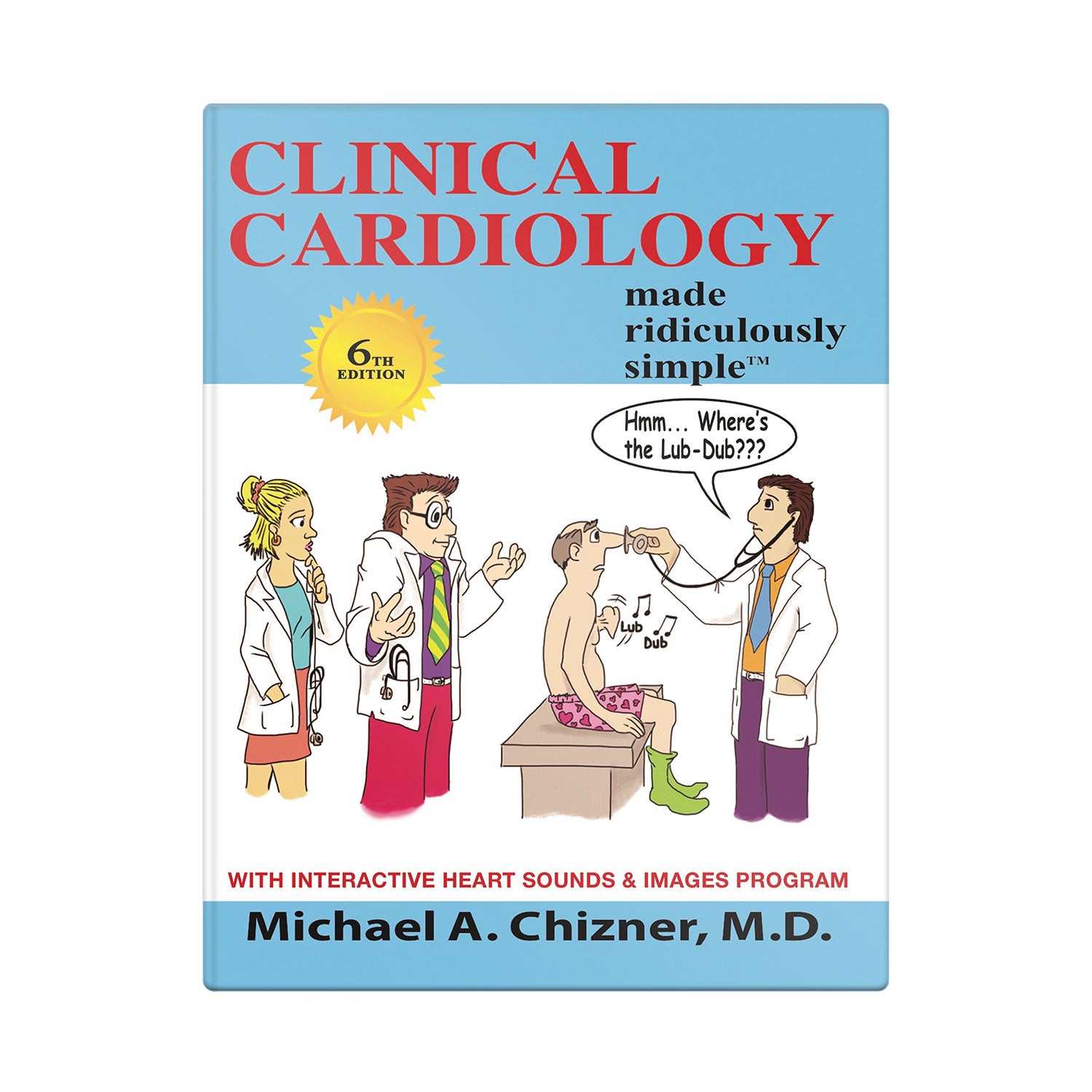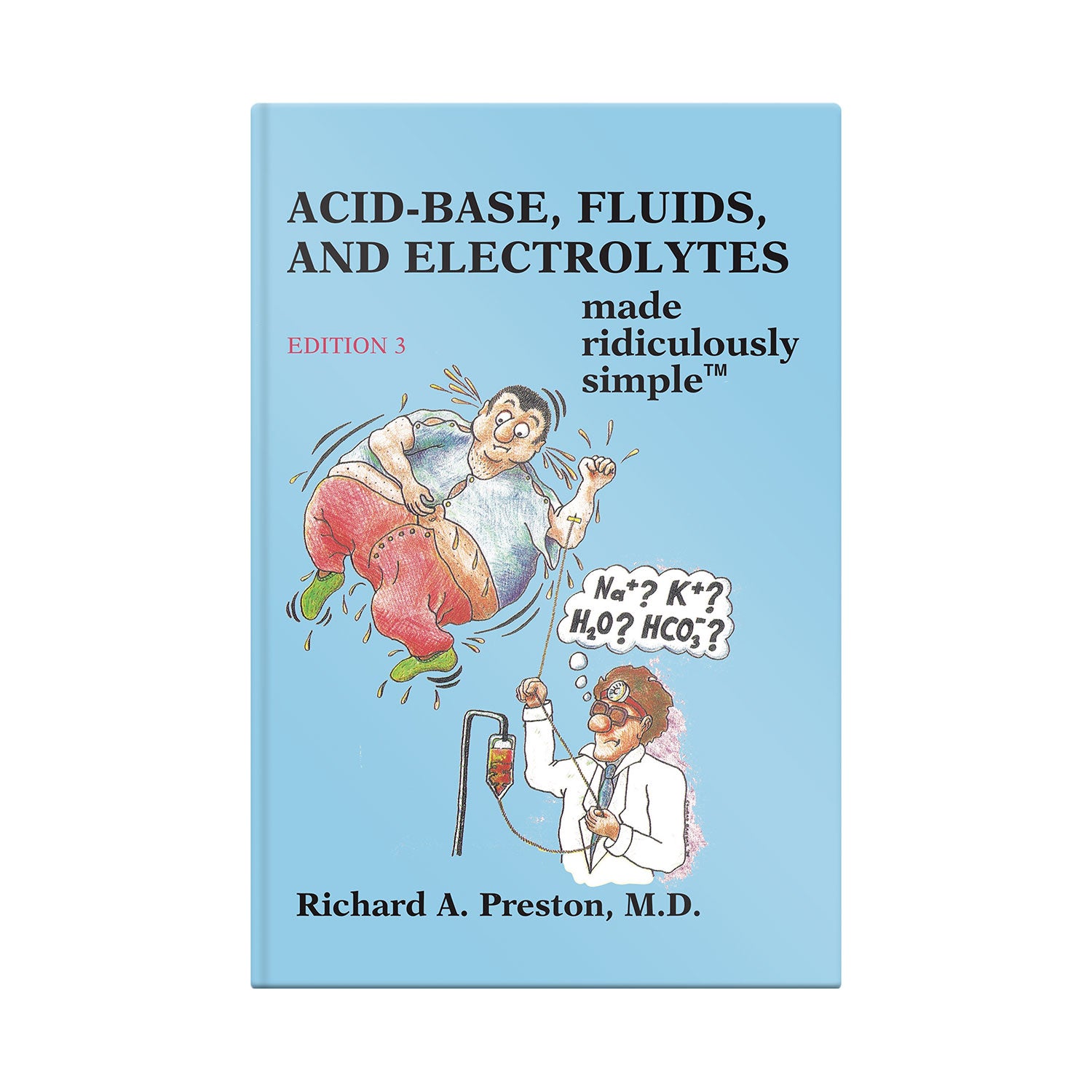
Is Remembering Harder With eBooks?
Does reading on an eBook interfere with the remembering of what was read?
Previous posts have presented the pros and cons of eBooks versus print books, with particular emphasis on the eBook needs of medical students.
Another consideration has arisen. Does reading on an eBook interfere with the remembering of what was read?
Some studies suggest that remembering may be harder with eBook reading (see Healthland and The eBook Skeptic) than with print books. The associations one makes with landmarks in print reading (the relative positioning the text and figures, whether the information was at the top or middle of the page, on a left or right-hand page or column, etc.) is not set with eBook reading when there is shifting of text flow with resizing of the page or font size. This relates to a memory technique called the Memory Palace (the method of loci) discussed in a previous post, where the context of the information, such as the surrounding visual landmarks, plays a role in memory ( also see Brier Dudley's Blog). Ebooks that have text reflow have fewer such landmarks, and remembering may be more difficult.
Cinderella's untimely episode of pedal edema.
Another issue is whether reading may be slower with eBooks than print books. Some of the earlier studies suggested this, but were done years ago when the computer screen had lower resolution, so it is unclear whether this is still a source of concern. It is also a question as to whether linking all over the place slows down reading and makes it difficult for the reader to keep track of all the links.
The issues of remembering and reading speed with eBooks require more study. If you have used eBooks, do you have any personal observations regarding your ability to remember, or reading speed with eBooks? Do you prefer eBooks or print books?
The Goldberg Files
The Goldberg Files is based on the struggles of Dr. Goldberg as well as those of his many students which he observed while teaching medical school for 25 years. This extensive blog is dedicated to assisting students in dealing with the stresses of medical education. Want to learn more?



